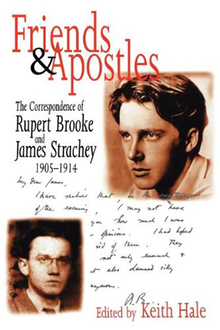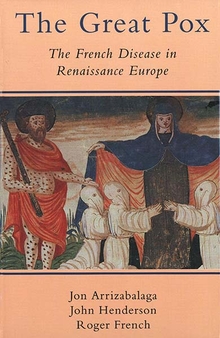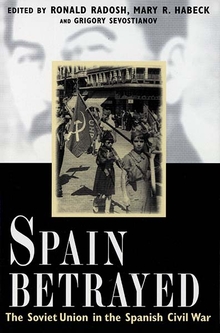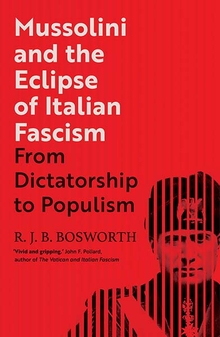Friends and Apostles
WARNING
You are viewing an older version of the Yalebooks website. Please visit out new website with more updated information and a better user experience: https://www.yalebooks.com
The Correspondence of Rupert Brooke and James Strachey, 1905-1914
Friends from boyhood, Brooke and Strachey were at Cambridge when James fell in love with his handsome, charming schoolmate. As well as their shared interest in politics, literature, art, and theater, the letters deal often and explicitly with the subject of homosexuality, and also with the sometimes scandalous activities of many in their close circle. Brooke and Strachey compare observations of fellow members of the exclusive Cambridge group known as "the Apostles" (which included James`s brother Lytton Strachey, John Maynard Keynes, E. M. Forster, and Bertrand Russell, among others), of mutual friends in Bloomsbury (including Virginia Woolf, Duncan Grant, Vanessa Bell, and George Mallory), and of such fellow Fabian Socialists as Hugh Dalton and Beatrice Webb. The correspondence provides important new biographical, psychological, and cultural insights into Brooke and his poetry, and it reveals the complexities of the real man behind the heroic legend that his early death inspired.
“An intimate correspondence whose references to friends and acquaintances read like a sexually explicit Who’s Who of Cambridge and Bloomsbury before WWI. . . . Hale deftly guides us through the correspondence from 1905 to Brooke’s death on his way to Gallipoli. . . . A lively introduction to Brooke the man and artist (Strachey, too) and the Edwardian culture from which they emerged.”—Kirkus Reviews
“Hale assembles here a long overdue compilation of the correspondence between two Bloomsbury figures: the poet and WWI martyr Rupert Brooke and James Strachey, brother of the more famous writer Lytton but important on his own as Freud’s main English translator; the letters provide an essential and frank documentation of the Cambridge goings-on of a powerful generation of intellectuals and artists, including Leonary Woolf, John Maynard Keynes and Lytton Strachey, so readers owe thanks to Hale for his labors in compiling and thoroughly annotating this correspondence.”—Publishers Weekly
“Hale . . . has edited and introduced the correspondence with skill and thoroughness. It is almost impossible to read it without sensing Brooke’s and Strachey’s vivid feeling for each other and the extent to which the bond between them structured their lives. It will no longer be possible to speak of either one separately.”—Perry Meisel, New York Times Book Review
"These intimate, learned letters concern gossip, health matters, friends both male and female, social engagements, literary and theatrical interests, and, of course, their affection for each other. . . . Hale’s chapter introductions and extraordinarily detailed footnotes provide an overview of the lives of both men."—Choice
“The publication of the letters in Friends and Apostles may lead us to wonder again about the nature of love, and how it struggles to fulfill itself. Especially because of the exchanges between Brooke and Strachey dating from 1912-13, Friends and Apostles becomes a poignant record of the tragedy of unfulfillable human affection. . . . I am certain that students of the history of psychoanalysis will now have a fresh picture of James Strachey.”—Virginia Quarterly Review
Publication Date: January 1, 1999








